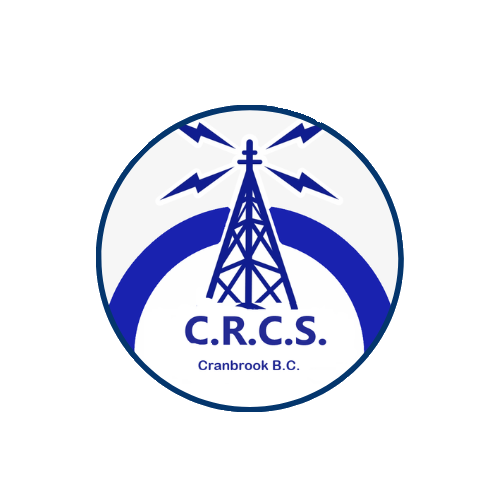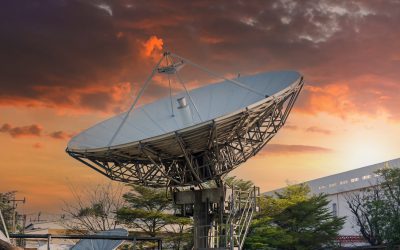Marine band frequencies play a critical role in ensuring safe and efficient maritime communication. For anyone involved in boating or marine activities in British Columbia (BC), understanding marine band frequencies and the associated licensing requirements is essential. In this comprehensive guide, we will explore the fundamentals of marine band frequencies, their significance, and the licenses needed to operate them legally in BC.
Understanding Marine Band Frequencies
Marine band frequencies refer to the range of radio frequencies allocated for maritime communication. These frequencies are used by ships, boats, and coastal stations to exchange vital information, such as navigation details, weather updates, and distress signals. The primary frequency ranges for marine communication are the Very High Frequency (VHF) and High Frequency (HF) bands.
VHF Marine Band Frequencies
The VHF marine band frequencies are typically between 156 MHz and 162 MHz. VHF radios are widely used because they provide clear communication over short distances, typically up to 20 nautical miles. Key channels within the VHF band include:
- Channel 16 (156.8 MHz): The international distress, safety, and calling frequency. All mariners must monitor this channel in case of emergencies.
- Channel 13 (156.65 MHz): Used for bridge-to-bridge communication, primarily for navigation safety.
- Channel 70 (156.525 MHz): Dedicated to Digital Selective Calling (DSC), a system used for sending pre-defined digital messages such as distress alerts.
HF Marine Band Frequencies
The HF marine band frequencies range from 2 MHz to 30 MHz and are used for long-distance communication. HF radios can cover much greater distances than VHF radios, making them essential for ocean-going vessels. Commonly used HF frequencies for maritime communication include:
- 2182 kHz: International distress and calling frequency for HF.
- 8291 kHz: Used for maritime safety information broadcasts.
Importance of Marine Band Frequencies
Marine band frequencies are crucial for several reasons:
- Safety: They enable the transmission of distress signals and emergency information, ensuring that help can be quickly dispatched in case of an emergency.
- Navigation: Communication between vessels and coastal stations helps in navigation, avoiding collisions, and ensuring safe passage.
- Coordination: Fishermen, commercial shipping, and recreational boaters use these frequencies to coordinate their activities, share weather updates, and communicate with port authorities.
Licensing Requirements for Marine Band Frequencies in British Columbia
Operating marine radios in BC requires specific licenses to ensure compliance with Canadian regulations and to maintain the integrity of maritime communication systems.
Radio Operator Certificate - Marine (ROC-M)
Anyone operating a VHF or HF marine radio in Canada must hold a valid Radio Operator Certificate – Marine (ROC-M). This certificate is issued by Innovation, Science and Economic Development Canada (ISED) and demonstrates the holder’s proficiency in using marine radios and understanding maritime communication protocols.
How to Obtain an ROC-M
- Training: Enroll in a recognized marine radio operator course. These courses are offered by various organizations, including boating associations and maritime training centers.
- Examination: Successfully pass the ROC-M exam, which tests your knowledge of marine radio procedures, distress communication, and basic radio theory.
- Certification: Upon passing the exam, you will receive your ROC-M certificate, allowing you to legally operate marine radios in Canada.
Benefits of Proper Licensing
Ensuring that you have the proper licenses for operating marine band frequencies offers several benefits:
- Compliance: Avoid legal penalties and fines by adhering to Canadian regulations.
- Safety: Proper training and licensing ensure that you can effectively use marine radios in emergencies.
- Professionalism: Demonstrates your commitment to maritime safety and communication standards.
- Coordination: Facilitates better coordination with other vessels and maritime authorities.
Marine band frequencies are a vital component of maritime safety and communication. Whether you are a commercial operator, a recreational boater, or involved in any marine activities in British Columbia, understanding and complying with the licensing requirements for marine band frequencies is essential. By obtaining the necessary Radio Operator Certificate – Marine (ROC-M) and Ship Station License, you can ensure that you are equipped to handle marine communications responsibly and effectively.




